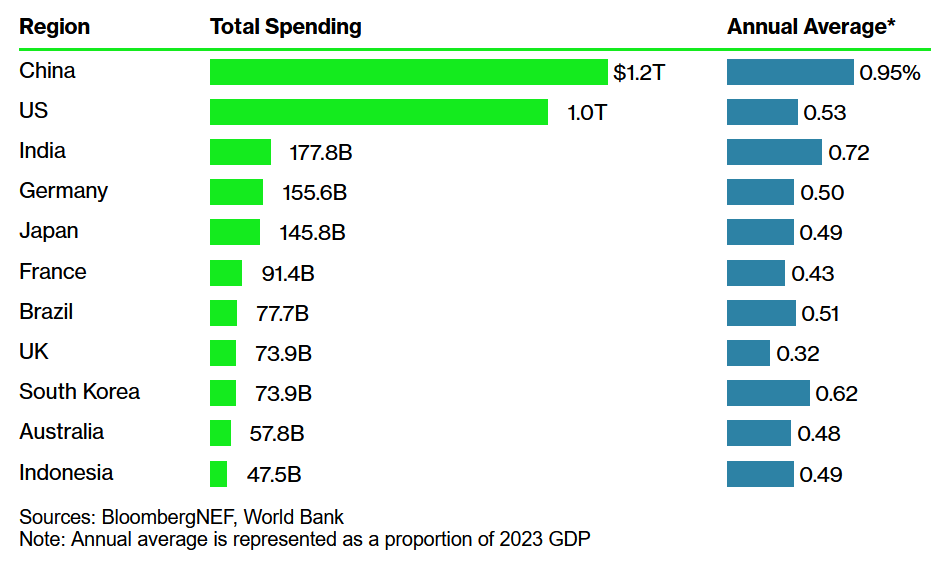Modernization of energy infrastructure in countries almost everywhere on the planet is not keeping up with climate change. And the risks of outages are only growing.
This is written by Bloomberg.
Climate change affects the supply of electricity in various ways. Extreme heat increases cooling requirements, reducing the efficiency of solar panels and limiting supplies. High temperatures can cause lines to sag and transformer overheating, resulting in equipment failure and increased fire risks.
"The entire power grid was built and designed in one climate era, and now it's being asked to operate in a different climate era. It just means more things can go wrong," said Michael Webber, an energy professor at the University of Texas at Austin.
The first publication gives the example of Montenegro. There, a sudden blackout in late June caused by soaring consumption and unstable supplies knocked out power grids in neighboring countries and wreaked havoc on households, hospitals and beach bars. Incidents like this have been repeated around the world.
Last week, millions of households in Houston lost power after Hurricane Beryl. People were left alone with the stifling heat because they could not turn on their air conditioners. Bloomberg believes that power outages from Ecuador to India, which have occurred in recent weeks in countries with transitional and developed economies, are a harbinger of future disruptions.
In Ecuador, subway passengers were forced to abandon stranded trains and walk to stations through unlit underground tunnels after the South American country's worst power outage in two decades in June.
The climate crisis puts power grids at risk from flash floods that knock down power poles, droughts that drain reservoirs, and surges in demand associated with cooling during heat waves.
Global power grids need trillions in investment
Analysts warn that unstable networks create instability for businesses, undermine politics and threaten lives. Grid expansion would cost about $24.1 trillion to reach net zero by 2050, according to BloombergNEF. This figure is significantly ahead of the investment required to develop renewable energy capacity. Due to their vast territories and high energy consumption, the United States and China face the largest sums, but no country is left out.
Estimated costs by 2030 to achieve future net-zero emissions targets are presented in the graph:

Climate change is not just increasing vulnerability in developing countries. These problems have recently affected mid-tier countries, including energy-rich Mexico and Kuwait, as well as importers such as Albania.
"As temperatures increase and access to air conditioning increases, the load on the power grid will increase. We are already seeing an increase in summer peak demand in some European countries such as Greece, as well as in the Middle East," said Felicia Aminoff, an analyst at BNEF.
EcoPolitic previously reported that scientists believe there is approximately a 95% chance that 2024 will surpass 2023 will be the warmest year since records of global surface temperatures began in the mid-1800s.
Also, three regions of Ukraine are developing measures to adapt to heat.





